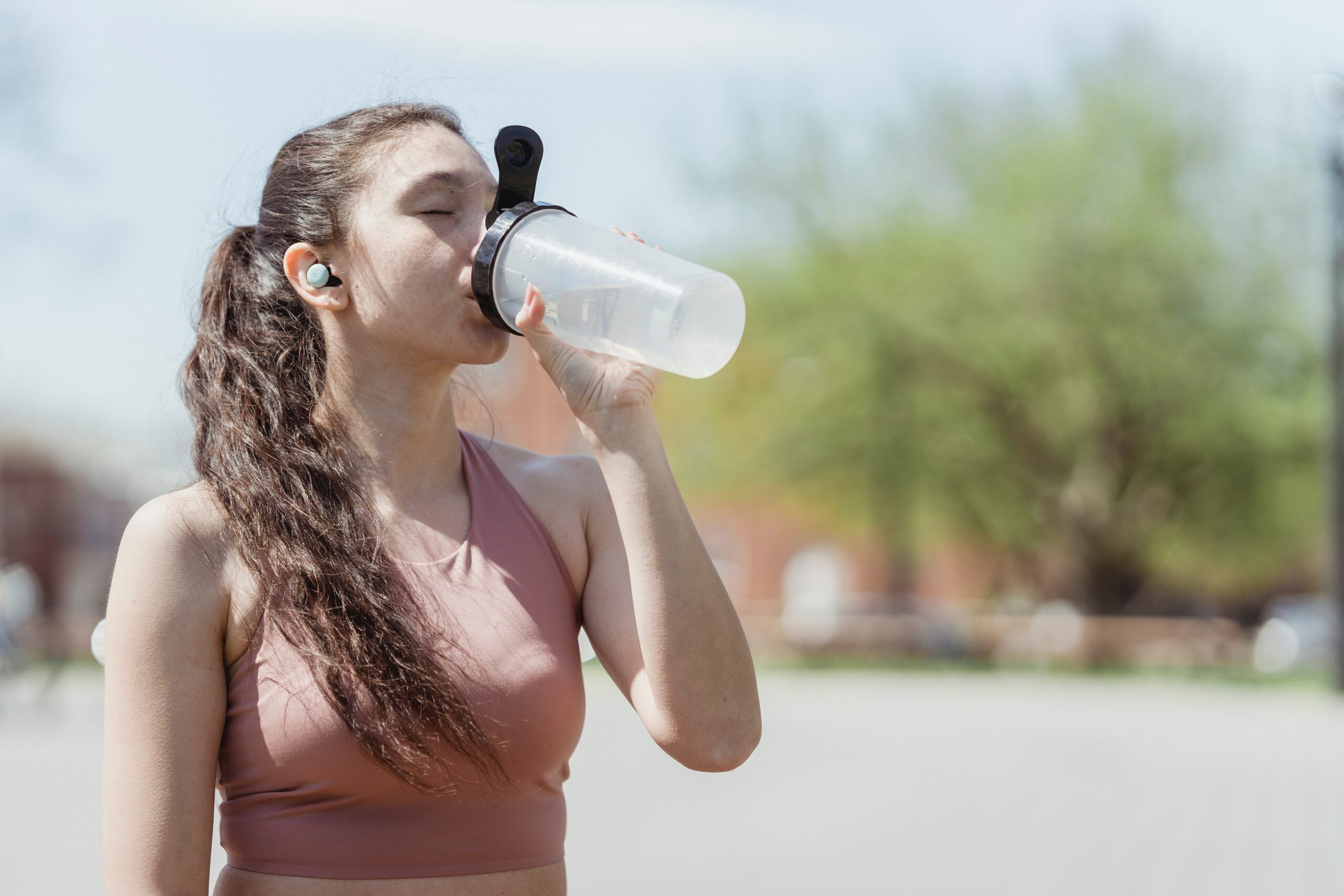Fueling your run is important to maximize your potential and you should do that with the right nutrients. When you start your running journey there’s a lot to think about. Having the right nutrition can impact recovery, performance and overall health.
You want to make sure your body is fueled for your run with the right nutrition. The good news is when you first starting out, you get to keep it simple. In fact, we’re giving you simple nutrition tips that will have you running your best in no time.
Fueling your run with your diet

You want to make sure you are eating foods that are good for you. We are not saying to throw out the cookies and chips. We all enjoy salty and sweet treats on occasion. But getting healthy physically also means a healthier diet.
You can have a healthier diet just by changing one or two things. Consider drinking water instead of soda or juice. Eat more fruits and vegetables and less processed foods.
The mistake people often make is running, but thinking that gives them permission to eat whatever they want. That may work in the beginning, but it will catch up to you. It could even lead to weight gain!
If you really want to the best diet for your runs, there are some foods should include in your diet.
Carbohydrates
Carbohydrates are the primary fuel source for runners. That’s why there are so many pasta parties before running events. We wanted to know why, so we did some digging. We found that carbohydrates gives the body glucose, which is used by your muscles for energy. It’s important for runners to store up enough glucose, which can become depleted during long runs.
Good sources of carbohydrates includes whole grains, fruit, vegetables and legumes.
Protein
Protein is often associated with body builders, but runners should also make sure they are getting enough protein. Protein is essential for muscle repair and recovery. Eating protein rich foods can help rebuild muscle tissue and reduce soreness.
Good sources of protein for runners include lean meat, fish, eggs, dairy, and plant-based foods like beans, nuts and seeds.
Fats
While carbohydrates are the primary fuel source for runners, fats also play an important role. They provide energy, especially during long runs. Health experts say that fats help to transport vitamins and aid in hormone production.
Good sources of healthy fats for runners include nuts, seeds, avocados and fatty fish.
Supplementation
A well balanced diet can provide you with most of the fuel you’ll need for running, but some people may benefit from taking a supplement. For example, if you don’t consume enough dairy, you may need to supplement with calcium or vitamin D for bone health. Iron supplements may also be needed for female runners who have an iron deficiency.
Important: Consult your doctor before taking any supplement. Try not to self diagnose.
Hydration
Staying hydrated is critical for runners. Even mild dehydration can impact your run and lead to injury. When you run you, lose water through sweat, so it’s important to drink enough fluids to replace what you lost.
Its recommended to drink water regularly throughout the day. Sports drinks containing electrolytes can also be beneficial for longer runs or when it’s hot and humid outside.
However, it’s important to note that sports drinks contains added sugars and calories, so read the labels to find the drink that fits into your nutrition plan.
Timing of fueling your run

There are two factors to consider when fueling for your run. Keep in mind the time you drink and the time you eat.
Hydration timing
For hydration, a good rule of thumb is to drink water 15 minutes before a run. If you’re only going for a 30-minute run, you shouldn’t need water again until after the run. Running in the summer or longer distances you may need to take water or a sports drink with you during your run. You can learn more about summer running and hydration in our article “Summer Running: Tips and Strategies For Hot Weather Workouts.”
If you need to drink water during your run you may want to take a water bottle or hydration pack with you. We put links to our favorite ones on Amazon for you.
Meal timing
If you are eating food before the run, stick to a light high-carb snack. For example I would eat toast with peanut butter and bananas. Bananas are a great source of carbs and potassium. Its easy to digest and can slow the absorption of sugar in the bloodstream. Try to eat your light snack 30 to 60 minutes before the run to avoid any tummy issues.
The timing of getting food in after the run varies base on your goals. It’s important to eat 30 minutes after your workout if:
- You are working out twice a day
- You are training longer than two hours
- You didn’t eat before your run (if you had an early morning run)
- You are trying to build muscle
If you don’t fall into one of those categories you still should refuel after your workout. However you will have more time to get a good meal in. You should try to eat two hours after your workout.
Conclusion:
Proper nutrition is essential for runners to perform their best and maintain good health. Focus on a balanced-diet that included carbohydrates, proteins and healthy fats, while staying hydrated.
These fueling tips are a great place to start. As you go further into your running journey and attempt longer distances, you can add to your fueling and nutrition knowledge. There are so many different meal plans based on the distance or training plan you are on. Just remember, you got this!








